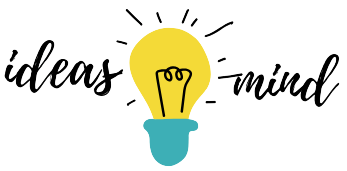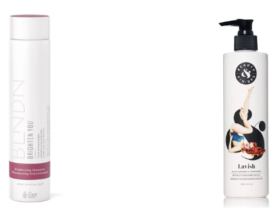If you spend your day gaping for hours at a laptop screen, you’re likely familiar with the symptoms of headache. Or does last night of heavy drinks spin your head right round and make you contemplate your cocktail choices? While popping a pill of paracetamol might look facile, but do you reconsider the aftermath the medication does to your anatomy? Even the best medications for hangover and headaches such as ibuprofen, paracetamol, aspirin can reportedly do “more harm than good” and should not be prescribed to treat chronic medical disorders. Whether it’s a regular headache that won’t stop or one which is in sync with the periodic eye popping out stimuli, headache can range from mild to so severe that you won’t be able to get out of bed.
A standard chronic headache is characterized by severe pulsing pain or pulsating sensations. While this usually occurs on either side of the head, sufferers may also experience nausea, sensitivity to light, and acute nausea.The headache can last for several hours, or in some cases, several days.
Alcohol attacks the hormones in your kidney that trigger you to race to the bathroom. Each drink dehydrates your body, leading to all sorts of problems, like a searing headache, feeling of nausea. Everyone has a favorite pain reliever, be it aspirin or acetaminophen. While these medications can dormant off hangover headaches, chronic headaches, and even migraines, they can also do a number on your liver. It is important to use these judiciously.
There are several reasons for a chronic headache and hangover headaches ranging from, seasonal allergies, migraines to vitamin deficiencies. A viable alternative is the intake of vitamin supplements, i.e. vitamin B6 and B12. Depleted levels of vitamins B6 and B12 intensify a headache and supplements pave the way for your recovery. But, excessive amounts of vitamin supplements can cause long-term nerve damage.
Nonsteroidal anti-inflammatory drugs like aspirin, benzodiazepines ,or opioids should not be taken because there is no evidence that these medications make any difference in the influx of chronic pain or psychological distress. Although, there is evidence that these medications can cause harm, including possible addiction. Solid evidence is yet to be found but, modern lifestyles- with hours spent hunched over computer screens and eyes permanently clamped to mobile screens are the pivotal contributing factors to chronic anxiety, ultimately leading to after-effects like headache, a feeling of nausea. If a headache persists, it is important to unravel why, identify and avoid the triggers that catalyze the headaches. Your posture plays a key role in the problems of your headache and spine. Sleeping in incorrect posture, using an unbalanced mattress, overstretching, pushing, or lifting heavy objects with inappropriate posture can cause headache. Moreover, sitting for a prolonged period, driving continuously without taking a rest, working for a long time in front of the computer, or bending awkwardly could be the reason why your back is hurting. Maintaining a good posture while sitting, bending, lifting, driving, or working and using a pressure relieving mattress while sleeping can save you from a painful experience of headache and backache.
Throwing powerful drugs at chronic pain problems will only sustain the pain at bay. The domain of non-drug, non-invasive treatments is a growing cadre that medical specialists are exploring in hopes of finding the “ideal” alternative. In the case of migraines, if the pain cannot be relieved by over-the-counter painkillers, medications like triptans can cure the pain by copying the effect of neurotransmitter serotonin as nerve receptors. For cluster headaches, oxygen therapy works like a magic wand and is easily available on prescription. Paradoxically, painkillers trigger headaches if taken over a long period of time. Any individual who takes codeine or triptan-based drugs for more than 15 days or any counter remedies such as paracetamol or ibuprofen for over a month is at risk. The headache often gets worse initially but improves eventually between a fortnight and a month later. The best medicine for hangover headaches and hangover nausea is to hydrate the anatomy with optimum liquids.
Hopefully, in the future, advancements in the best medicines for headaches and hangovers and clinical trials will help fill in some gaps and give chronic pain sufferers clear parameters for how to treat headaches without the application of drugs like opioids, anti-inflammatory drugs. Aromatherapy, acupuncture, regular exercise, and optimum sleep are other non-medicinal alternatives that help cease fatigue, nausea, and headache in the aftermath of a cocktail hangover.










